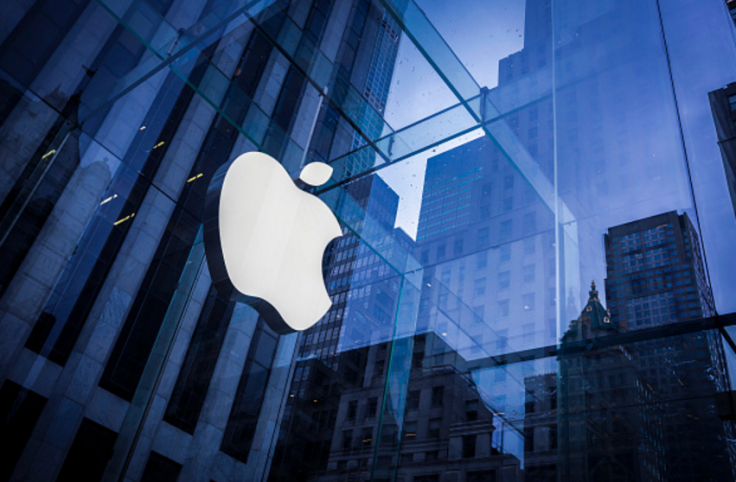Is Apple vs. FBI ‘Groundhog Day’ For Tech? Facebook, Google And Microsoft Debate The Case For Privacy

AUSTIN, Texas — Apple’s case against the FBI in connection with the iPhone of one of the shooters in a terrorist attack in San Bernardino, California, late last year continues to resound across Silicon Valley. While many technology giants have already backed Apple CEO Tim Cook, chief privacy officers at Facebook, Google and Microsoft publicly echoed their support and cautioned about the U.S. government’s future actions at the tech and media conference South by Southwest here Saturday.
Consumer privacy is paramount in the case of Apple vs. the FBI, the executives indicated as they expressed concern that creating any backdoor or encryption key could wind up in the wrong hands. “We have to meet the expectations and needs of our customers. If we build in things that create a workaround, it’s not just going to be good guys using it,” said Mike Hintze, Microsoft’s chief privacy counsel.
Potential vulnerabilities in their technologies work in opposition to serving their customers, the execs suggested. “This notion of designing insecurity in technology is fundamentally flawed,” said Keith Enright, Google’s legal director. “The first and foremost should be keeping our users safe and secure.”
A Facebook executive also noted that making systems weaker could push customers to use more secure services overseas rather than those founded and based in the U.S. “Weaker level of encryption ... that’s just going to drive people to use international competing services. Companies should be building what people want,” said Erin Egan, Facebook’s vice president of U.S. public policy and chief privacy officer.
The conversation featuring Facebook, Google and Microsoft came a day after U.S. President Barack Obama came to discuss the future of technology in Austin, where he was also asked about his views on the case between Apple and FBI. While Obama declined to speak about this specific case, he did reply by highlighting the need for collaboration, indicating he believed there was a tech solution to the problem.
Obama’s call for some way to decrypt somebody’s smartphone raised a stir by U.S. Rep. Darrell Issa, R-Calif.:
Obama in #SXSW speech shows he doesn't understand importance of privacy. Giving key to gov't would also give key to Russia, China and others
— Darrell Issa (@DarrellIssa) March 11, 2016
Asked during a panel discussion whether this sounded like a “Groundhog Day” situation dating back to the cryptowar, each of the speakers replied they had seen the issue before. Microsoft’s Hintze noted that’s part of the reason why Apple is taking a stand.
“Congress has failed to act in terms of determining what the right standards are for government’s access to data,” Hintze said.
Indeed, two of the laws the U.S. Justice Department is applying to Apple’s case against the FBI predate most tech companies themselves. One is the All Writs Acts, which was adopted in 1911, and the other is the Electronic Communication and Privacy Act, which was enacted in 1986.
Hintze’s comments align with the amicus brief that Microsoft filed last month.
Because of their hoards of data, tech companies do work with law enforcement agencies. “They bring us requests. We get that,” Facebook’s Egan said. “We’re working with law enforcement when we can.”
But each of these companies are standing with Apple CEO Tim Cook so as to not jeopardize their own businesses. Google’s Enright echoed Cook’s words that such actions would set a “dangerous precedent.”
The case of Apple vs. the FBI and the larger debate of encryption isn’t the only fight these tech companies are currently facing. Another big tension is complying with the “right to be forgotten” policy in Europe, which was solidified in the courts two years ago.
“At the end of the day, there will be more guidance. [Data deletion] can’t be an absolute right. Someone can’t come in and delete all the acts of fraud against you,” Hintze said.
© Copyright IBTimes 2024. All rights reserved.





















